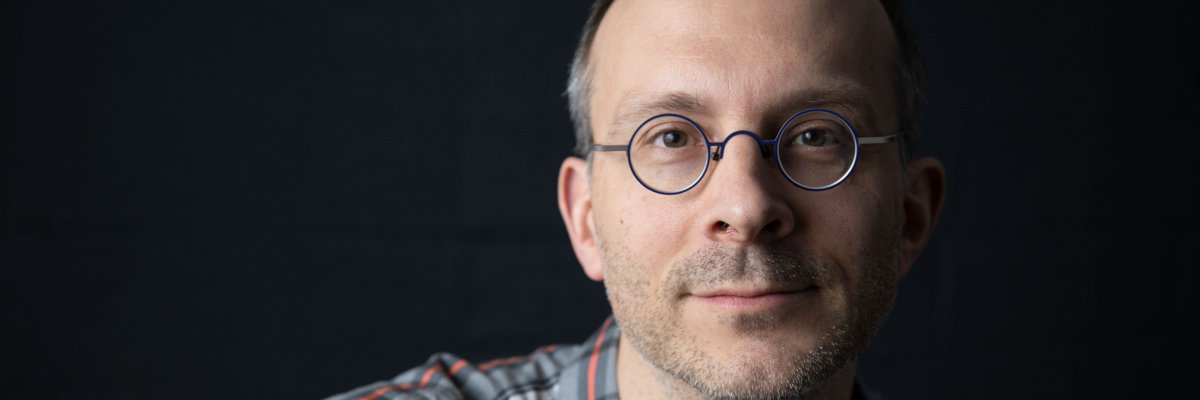
BBC More or Less
@BBCMoreOrLess
The BBC's More or Less: Tim Harford explains - and sometimes debunks - the numbers and statistics used in political debate, the news, and everyday life.
"That is brilliant." Learn the maths hack from @robeastaway that blew the minds of @ChrisMasonBBC and @TimHarford
Should the government target persnuffle? @BenZaranko @TheIFS tells @TimHarford how @RachelReevesMP could change the government's fiscal rule to allow more borrowing. bbc.co.uk/programmes/p0j…

“You are both absolute nerds.” @Samfr and @maxwell_marlow tell @TimHarford the rules for their somewhat intricate bet on the number of kids who will leave private school when VAT is introduced. Story 4 on this week’s @BBCRadio4 More or Less. bbc.co.uk/programmes/p0j…

Has the NHS got a bad case of Baumol’s cost disease? @TimHarford explains with the help of a string quartet and @BenZaranko of @TheIFS. Story 3 on this week’s @BBCRadio4 More or Less. bbc.co.uk/programmes/p0j…

How much do asylum seekers cost the state? @M_Sumption of @MigObs explains how the number has gone up from £8000 per person per year in 2018/9 to nearly £21,000 in the latest figures. Story 2 in this week’s @BBCRadio4 More or Less. bbc.co.uk/programmes/p0j…

“Based on what you've told me, I don't think you really can reasonably extrapolate…” @TimHarford presses Andrew Amoils @nwwealth on how they worked out 9500 millionaires might leave the UK this year. Story 1 on this week’s @BBCRadio4 More or Less. bbc.co.uk/programmes/p0j…

Did More or Less make a terrible mathematical error? We said 1 divided by zero was an impossible calculation. Our listeners said the answer was infinity. @stecks explains why infinity is not the answer. Story No.3 on @BBCRadio4 More or Less: bbc.co.uk/programmes/p0j…

When trying to solve a problem “is like turning around an oil tanker”, that suggests it’s going to take a very long time. But how long does it actually take? Story No.5 on this week’s @BBCRadio4 More or Less. bbc.co.uk/programmes/p0j…

“Most policy and most government, you would hope, is based on evidence. But it turns out often the evidence base is very, very thin”. @DavidHalpernCBE of @B_I_Team explains the findings of his new report. Story No.4 on this week's More or Less: bbc.co.uk/programmes/p0j…

Energy Secretary Ed Miliband says the latest round of the renewable energy auction was “record-breaking”. That entirely depends which record you’re looking at. Story No.2 on this week’s @BBCRadio4 More or Less: bbc.co.uk/programmes/p0j…

A viral WhatsApp message says illegal migrants receive more in benefits than pensioners. Is that right? No says @clarabetteM of @FullFact. Story No.1 on this week’s @BBCRadio4 More or Less: bbc.co.uk/programmes/p0j…

Do we eat a credit card’s worth of microplastics every week? “It was a very powerful message. But the problem is it's wrong,” says @Jamie_Woodward_ @OfficialUoM Find out why: bbc.co.uk/programmes/p0j…

Is increasing turbulence making flying more dangerous? @DrPaulDWilliams explains what's going on. bbc.co.uk/programmes/p0j…

“This is where it gets really scary exciting” - Professor Jouni Kuha @LSEStatistics tells us how it feels in the final stages of the #exitpoll. Listen here: bbc.co.uk/programmes/p0j…

“It's a horrible situation to be in.” - @PJTheEconomist @TheIFS on the fiscal challenges facing the next government. Listen here: bbc.co.uk/programmes/p0j…

“For a statistician, this activity has to be the ultimate prediction challenge.” - @firthstat on the art of the #exitpoll bbc.co.uk/programmes/p0j…

Does the NHS have too many managers, or too few? @CharlotteWick10 from the @TheKingsFund explains what’s what. bbc.co.uk/programmes/p0j…
